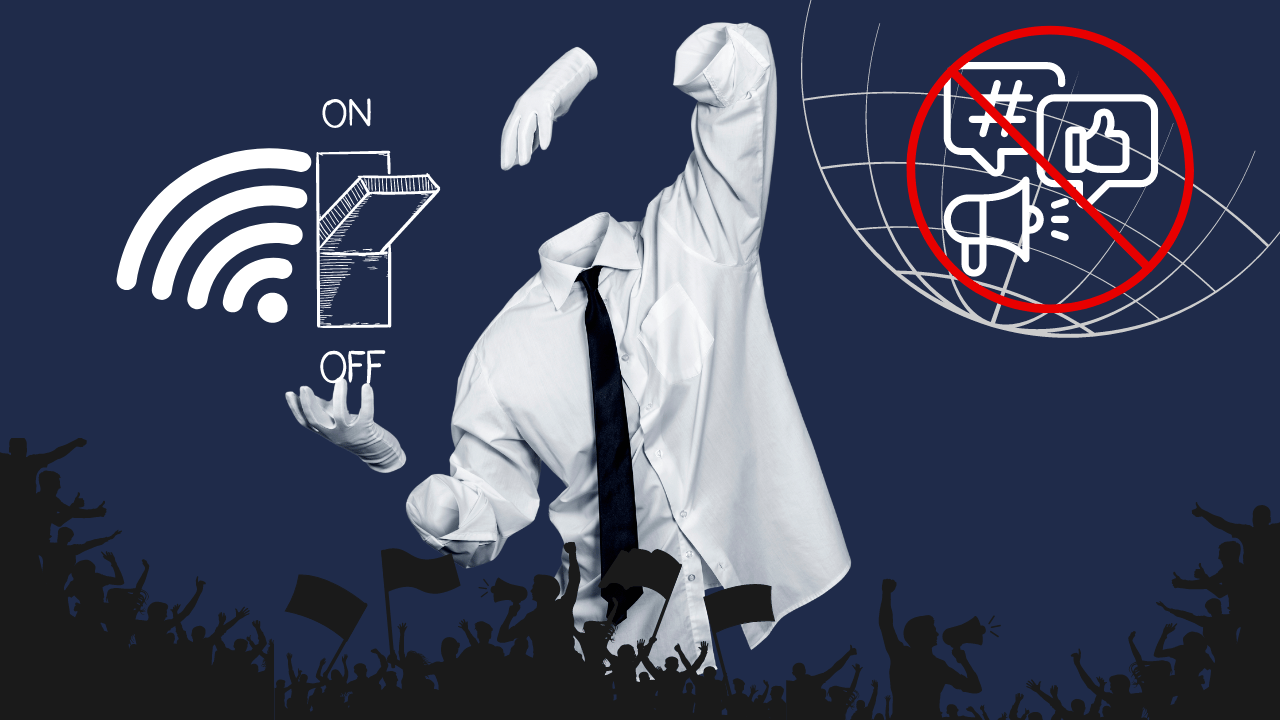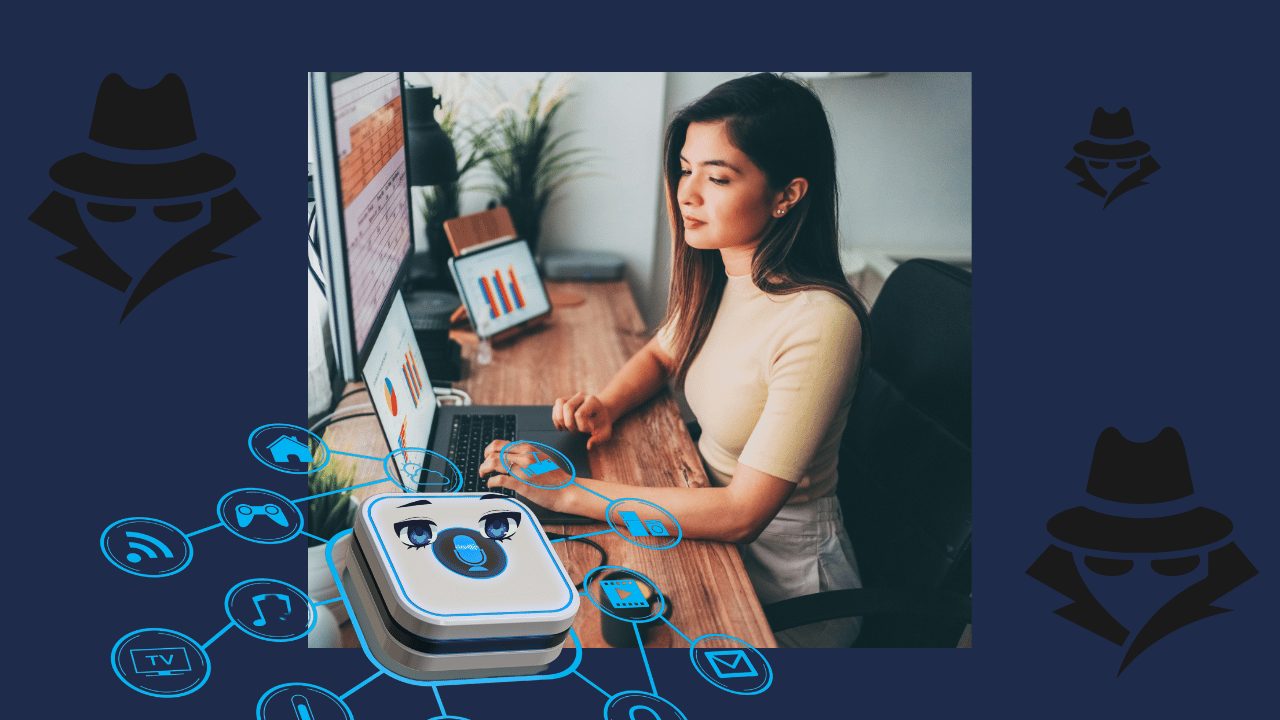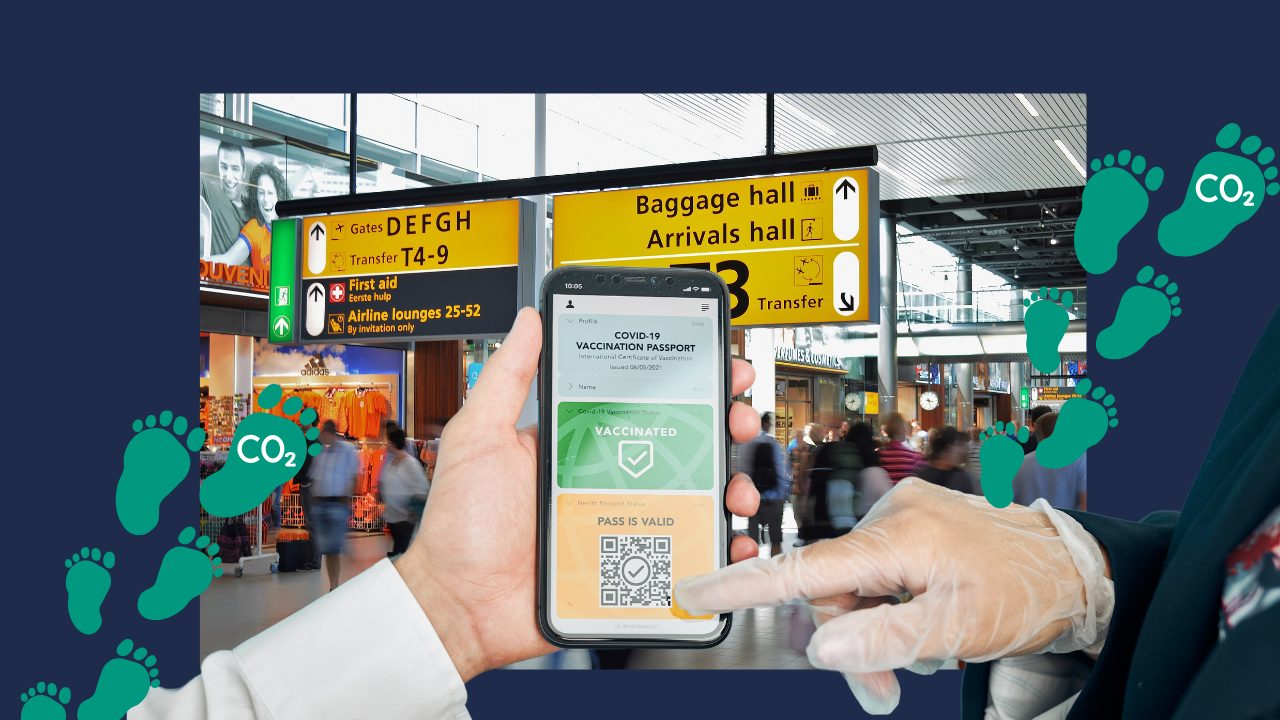Data theft and surveillance on the internet are topics that frequently make headlines. Cybersecurity experts warn that no company is too small for cyberattacks. However, private individuals also face questions of cybersecurity and must increasingly protect their personal data on the internet and on their phones.
In one of their recent Perspektive Ausland podcasts, hosts Stefan Daniel Tàborek and Sebastian Sauerborn invite you to discuss
how this can be achieved and what challenges individuals and entrepreneurs face concerning data protection and cybersecurity.
Cybersecurity and Privacy – Two Different Things
In the digital era, the world of information is almost always accessible to us. However, when we participate in it – whether through a PC browser, mobile phone, or even smart home devices – we’re also accessible and surveillable from outside. On one hand, hackers use this for cyberattacks; on the other, digital access enables surveillance of individuals by the state and not least by big-tech and other commercial companies that use private data for their purposes.
Even if you feel protected regarding cybersecurity and are well-prepared for potential risks like malware and phishing emails, this doesn’t necessarily mean that your privacy is protected. A good example of this is antivirus software. While it contributes to cybersecurity, it also collects private data. This means that while security is ensured, privacy is not. If you really want to be sure that your private data doesn’t fall into the hands of undesired third parties, you need to take special measures. These usually start with the smartphone.
The “Spy in Your Pocket”
Conventional smartphones naturally offer the possibility of accessing the owner’s data. If you really want to be sure that no one can see your data, you need a phone with a special privacy operating system. Only this provides the basic prerequisite for truly private mobile phone use.
An example that traditional phones can deliver data at any time is the so-called gyrosensors. A gyrosensor, also called a gyroscope, is a position sensor. It responds to changes in position, rotating movements, and accelerations. It can determine direction changes precisely. For example, if you’re walking through a tunnel and the GPS signal is interrupted, the gyrosensor takes over and provides the missing information. With mobile games like Pokémon GO, this can indeed add to the fun by expanding control options, but it also makes your private phone trackable at any time.












